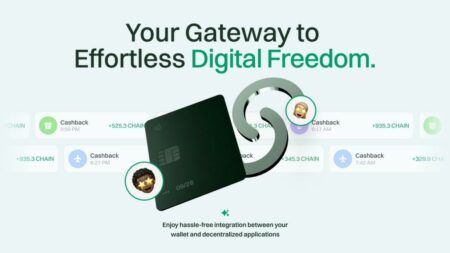Brave web browser CEO Brendan Eich sent a letter to the US Senate this week, suggesting that lawmakers implement a law in the US which is similar to the EU’s General Data Protection Regulation (GDPR). The GDPR is a law that regulates how online businesses handle the data of their users, allowing for steep financial penalties for sites that violate user privacy.
In his letter, Eich wrote:
As regulators broaden their enforcement of the new rules in Europe, the GDPR’s principle of ‘purpose limitation’ will begin to prevent dominant platforms from using data that they have collected for one purpose at one end of their business to the benefit of other parts of their business in a way that currently disadvantages new entrants. In general, platform giants will need ‘opt-in’ consent for each purpose for which they want to use consumers’ data. This will create a breathing space for new entrants to emerge.
Last month, CryptoGlobe reported that Brave was using the GDPR statute to file a formal complaint against Google for their tracking practices in the EU. The complaint includes a 32-page technical report which details the full extent of Google’s privacy violations. These violations deal mostly with a process called real-time bidding (RTB), where advertisers can bid for user data to find the best place to send targeted ads. Eich’s letter stated that:
Contrary to some of our industry colleagues, I believe that it is not tenable for any platform, publisher, technology vendor, or trade body, to claim that they must track people in order to generate revenue from advertising. Trust will only return as the GDPR-like laws begin to curtail the online advertising industry’s worst practices.
Brave’s Mission
In previous reports, CryptoGlobe has detailed how Brave is promising to change the nature of online advertising by offering a targeted ad service that doesn’t give user data to third parties. According to Brave, they will keep the user’s data within the browser, so that the information can be used to personalize ads. This process does not require Brave to broadcast user information to advertisers and publishers.
Users and publishers will both be paid out in the Basic Attention Token (BAT), which has a native wallet built into the browser. Last month, Eich predicted in an online post that an individual user could make over $70 next year if they opt-in to view ads through the Brave browser, with the potential of higher earnings if the price of BAT increases.









